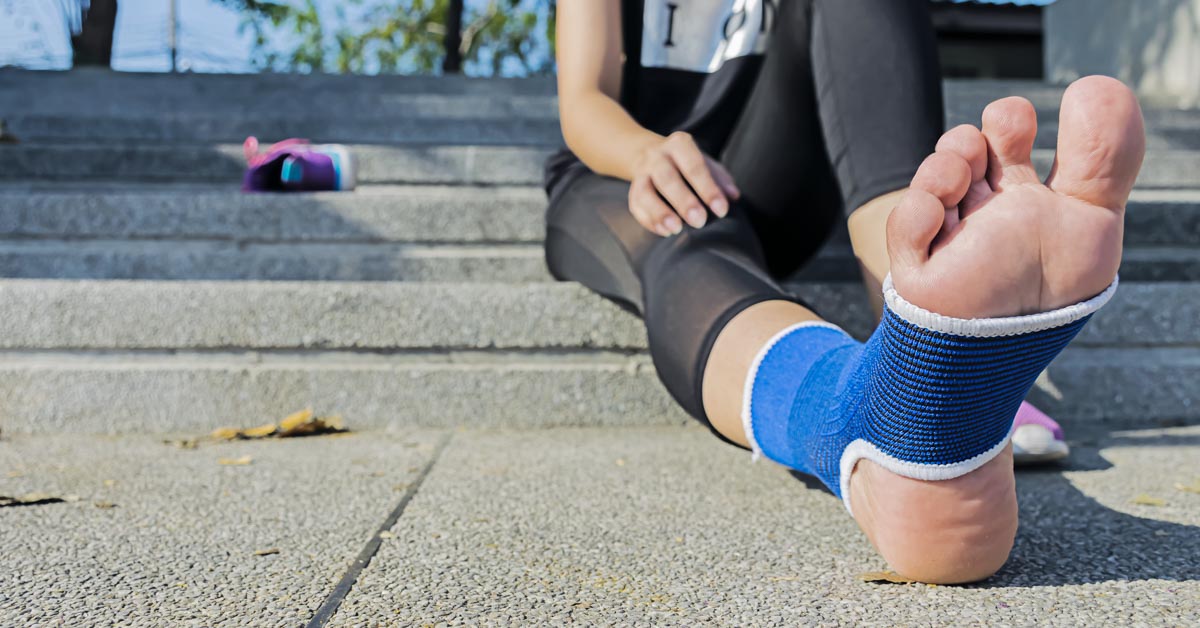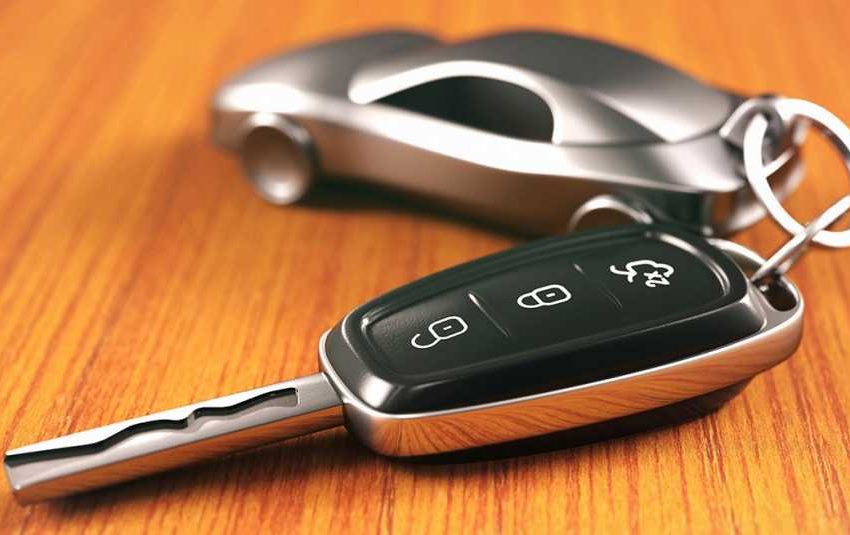Discussing The Cognitive Recovery Period Following Injury
Injuries are traumatic to your body, and you’ll respond to them in a range of ways. For instance, as your body heals and gets over the shock, you may find yourself in need of deep rest in order to better replenish yourself.
That said, injuries aren’t solely physical. After all, an injury is never a voluntary event we opt to choose for, instead, it’s a surprising issue that takes us unaware. This can be quite perturbing for everyone, even those with a strong-minded personality and a stubborn backbone.
For this reason, it’s important to consider and discuss the needs of your cognitive and psychological recover period following such an event. This is because unless you address this (at your own pace just like you would physically), you’ll realize that the mental effects of such an issue can last long after your body has fully healed or adapted.
In this post, then, we’ll discuss how to better plan this recovery period, and in the long run hopefully ensure you find your best way forward:
Venting Emotional Distress
It can be hard to put your feelings into words when you’re still processing what has happened to you, and that’s why it’s good to find an impartial space to help you vent that. This might take place next to a friend you trust can be confidential, a professional counselling service, or even therapist services conducted remotely.
Of course, you may also decide to do this personally also, such as by venting your difficulty into art or journal entries. Whatever is easiest, doing something constructive or at least healthy with that difficult energy will help you avoid bottling it up. Remember – your emotions aren’t incorrect, they need a place to go.
Talking To Groups That Understand
Sometimes, you just need to speak to those people who understand your exact situation, even if that’s just to vent. For instance, you might join an online community discussing mobility issues or disabilities following injury to understand your new norm, ask quesitons, and even see the brighter side among people who care. Be careful what advice you take from anonymous internet users however, as medical expertise should always be referred to via your doctor, first and foremost. That said, communities that help, especially if you meet in person on a semi-regular basis, can do a world of good.
Finding Closure Where You Can
It’s not easy to do, but if you can find closure where possible, then you can put the issue to bed, accept the realities of whatever effects you have to live with, and move on from there. This can take time so don’t rush yourself to achieve it. However, there are some steps you can follow on the way there. For instance, taking time to secure compensation based on your medical malpractice injuries will help you get the entitlement you deserve, helping you at least find closure and justice where you deserve it. That can help you seek closure.
With this advice, we hope you can better find psychological healing after your injury, even if this may be a long road to walk.
- Take Charge of Your Life With These Helpful Tips - June 20, 2025
- Choosing A Car That Will Stand The Test Of Time - June 20, 2025
- 5 Habits of People Who Always Have A Clean Home - June 20, 2025


